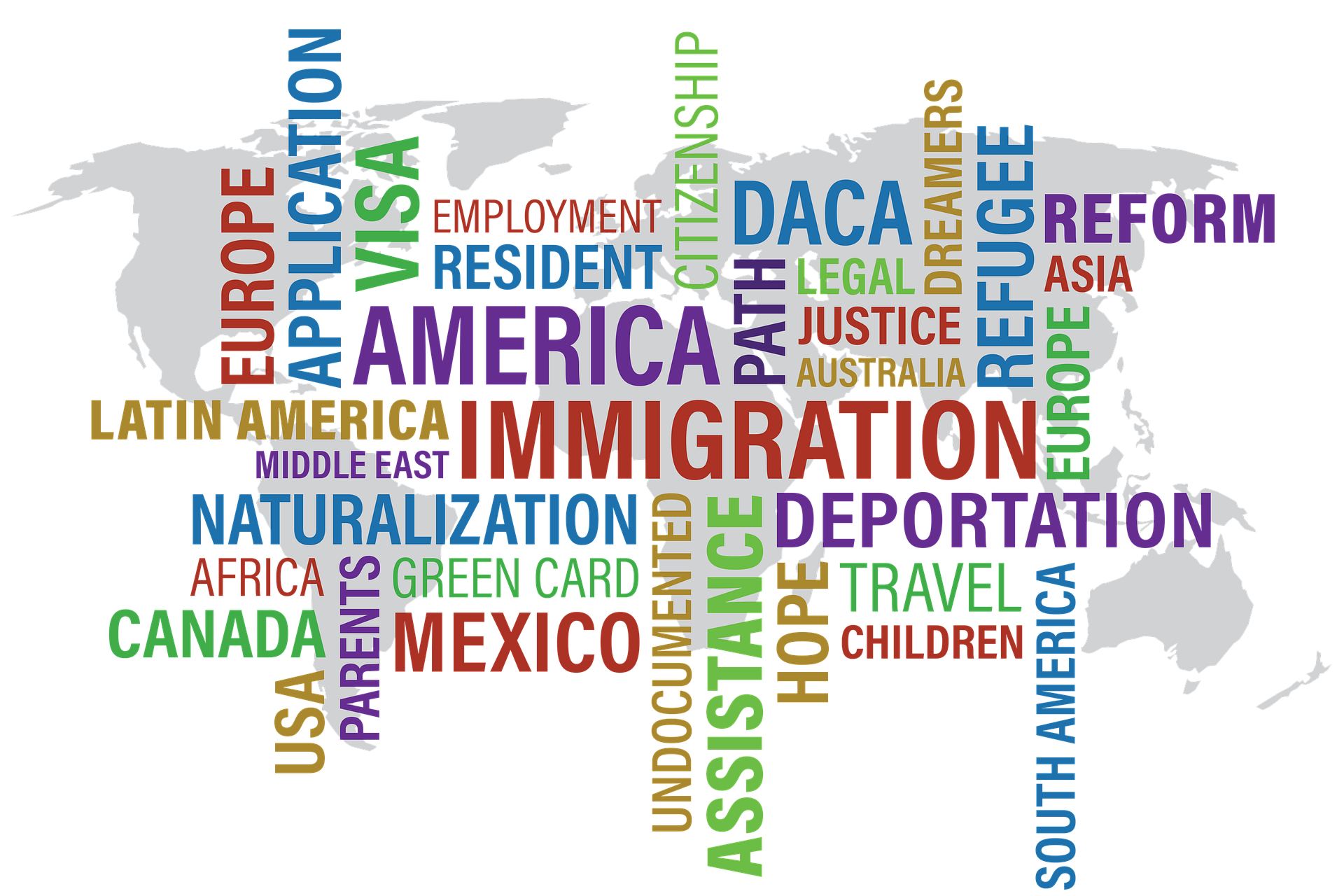The Trump administration has identified several countries to which it aims to deport migrants when their home countries refuse to accept them. Among those countries is The Bahamas, which has firmly rejected participation in the scheme. The move has raised significant concerns about the potential violation of international human rights standards, particularly the Universal Declaration of Human Rights (UDHR), which recognizes the right to seek asylum as a fundamental human right.
The plan, part of the U.S. government’s broader efforts to tackle illegal immigration, seeks to deport individuals who are unable to be returned to their countries of origin due to diplomatic refusal. However, critics argue that the scheme undermines global human rights obligations, especially since many of the migrants affected by the deportations may fall into vulnerable categories such as asylum seekers or refugees.
The Bahamas’ refusal to participate in the deportation initiative highlights the ongoing tension between sovereign nations’ immigration policies and international human rights frameworks. In rejecting the U.S. plan, Bahamian officials have emphasized their commitment to upholding the rights of asylum seekers and refugees, noting that their country is not equipped to handle deportation requests under these conditions.
International law, including the UDHR and the Refugee Convention, stipulates that individuals fleeing persecution or danger have the right to seek asylum in other countries. Forcing individuals back to countries where they may face harm—especially in cases involving asylum seekers—could be seen as a breach of these legal protections. Furthermore, deporting migrants to countries that refuse to accept them could strain diplomatic relations and create further uncertainty for individuals already living in precarious conditions.
The Trump administration’s deportation plans, if pursued, could have far-reaching implications for both U.S. foreign policy and the global refugee protection framework. While the administration has argued that enforcing immigration laws and ensuring the return of undocumented migrants is essential, human rights groups continue to raise alarms about the potential risks to vulnerable populations.
As this issue evolves, further debate is expected over how to balance national security concerns, immigration enforcement, and the protection of human rights on the international stage.
Here are some references you can consult for the information in the article:
- Universal Declaration of Human Rights (UDHR):
- The UDHR outlines fundamental human rights, including the right to seek asylum, which can be accessed through the United Nations website: UN UDHR
- The Refugee Convention:
- The 1951 Refugee Convention, which governs the rights of refugees, including the right to seek asylum, is accessible via the United Nations High Commissioner for Refugees (UNHCR): UNHCR Refugee Convention
- Trump Administration’s Immigration Policies:
- A detailed breakdown of the Trump administration’s immigration policies, including deportation plans, can be found through the U.S. Department of Homeland Security: DHS Immigration
- The Bahamas’ Rejection of Deportation Plans:
- News reports covering The Bahamas’ stance on the U.S. deportation request, including statements from Bahamian officials, can be found in reputable media outlets such as:
- The Guardian | https://www.theguardian.com/world/2024/dec/05/bahamas-trump-deportation-migrants
- Reuters | https://www.reuters.com/world/us/inside-trumps-plan-mass-deportations-who-wants-stop-him-2024-11-06/
- Lemonde | https://www.lemonde.fr/en/international/article/2024/12/05/bahamas-rejects-trump-proposal-to-take-deported-migrants_6735283_4.html#
- News reports covering The Bahamas’ stance on the U.S. deportation request, including statements from Bahamian officials, can be found in reputable media outlets such as:
- Asylum Seekers’ Rights:
- For information on asylum seeker rights and the international legal framework that protects them, you can refer to resources by human rights organizations such as:
These references provide a solid foundation for further understanding the topic and the legal and humanitarian aspects involved.



